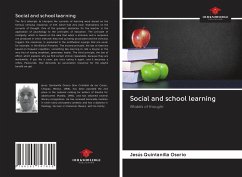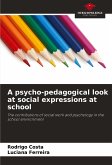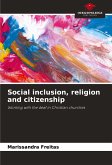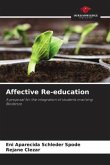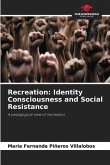The first attempts to interpret the currents of learning were based on the famous stimulus response, or E-R, which had very clear implications on the currents of thought. One of the greatest obstacles for the teacher is the application of psychology to the principles of education. The principle of contiguity, which is based on the idea that when a stimulus and a response are produced in short intervals they end up being associated and the stimulus triggers the response, is explained in the antithetical sayings that are used, for example, in the Biblical Proverbs. The second principle, the law of exercise based on frequent repetition, something like learning to ride a bicycle or the very fact of eating breakfast, generates habits. The third principle, the law of effect, which explains why we find certain stimuli repeatable, because they are worthwhile. If you like a stew, you miss eating it again, and it becomes a reflex, Pavlov-like, that demands an association response for the playful benefit we get.
Hinweis: Dieser Artikel kann nur an eine deutsche Lieferadresse ausgeliefert werden.
Hinweis: Dieser Artikel kann nur an eine deutsche Lieferadresse ausgeliefert werden.

